One of the best-curated festivals devoted to Asian cinema begins this week. The San Diego Asian Film Festival, now in its 23rd edition, will feature 130-plus films from more than 30 countries and in upwards of 30 languages. We’ve had a chance to see a number of highlights on the festival circuit and have rounded up our top picks. See below and learn more at the official festival site.
A Confucian Confusion (Edward Yang)
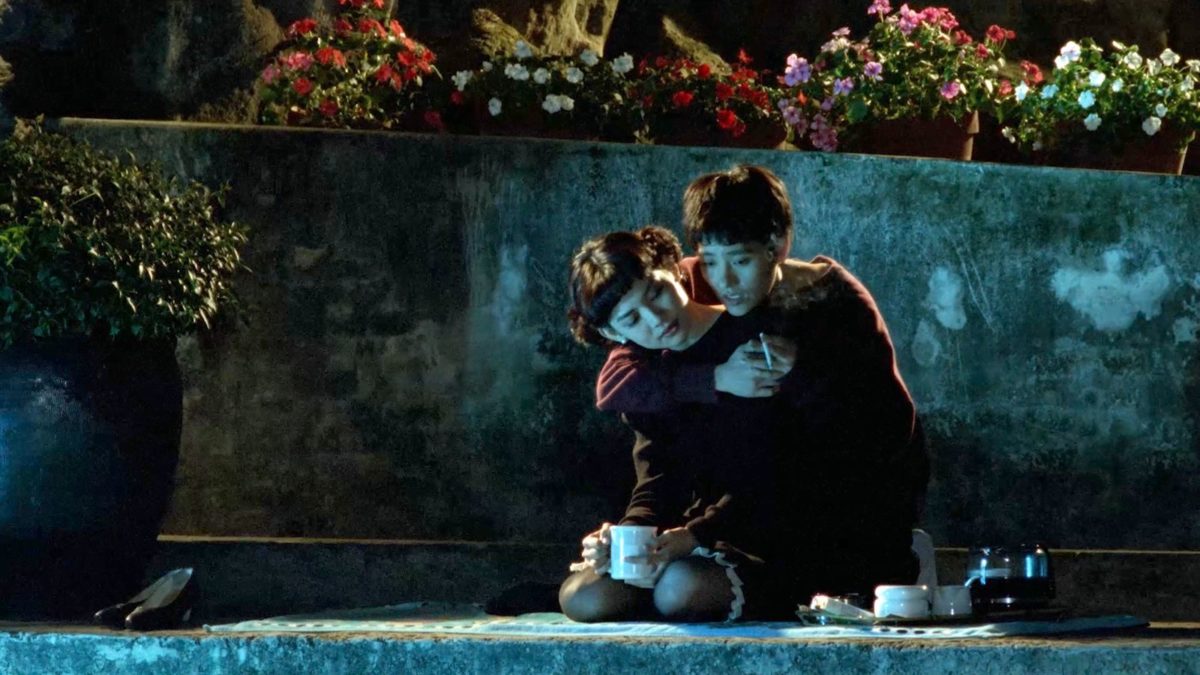
It was once so impossible to imagine that it now appears like a mirage. Or so’s the obvious effect of mere clarity: having only seen A Confucian Confusion on (redundant phrasing) a less-than-sharp Laserdisc rip, this recent restoration of a personal favorite could’ve only been more welcome if it somehow revealed a lost Edward Yang picture in the process. (Which in some ways it has.) Those who’ve waited for this day will be well-rewarded by a comedy as sharp about professional obligation, romantic travails, and social folly as it is willing to throw in a nice puke gag, all building to the most heart-stopping final seconds basically any movie’s ever managed. A cinematic event of 2022, and nice precursor to next year’s slated Mahjong revival. – Nick N.
Before, Now & Then (Kamila Andini)
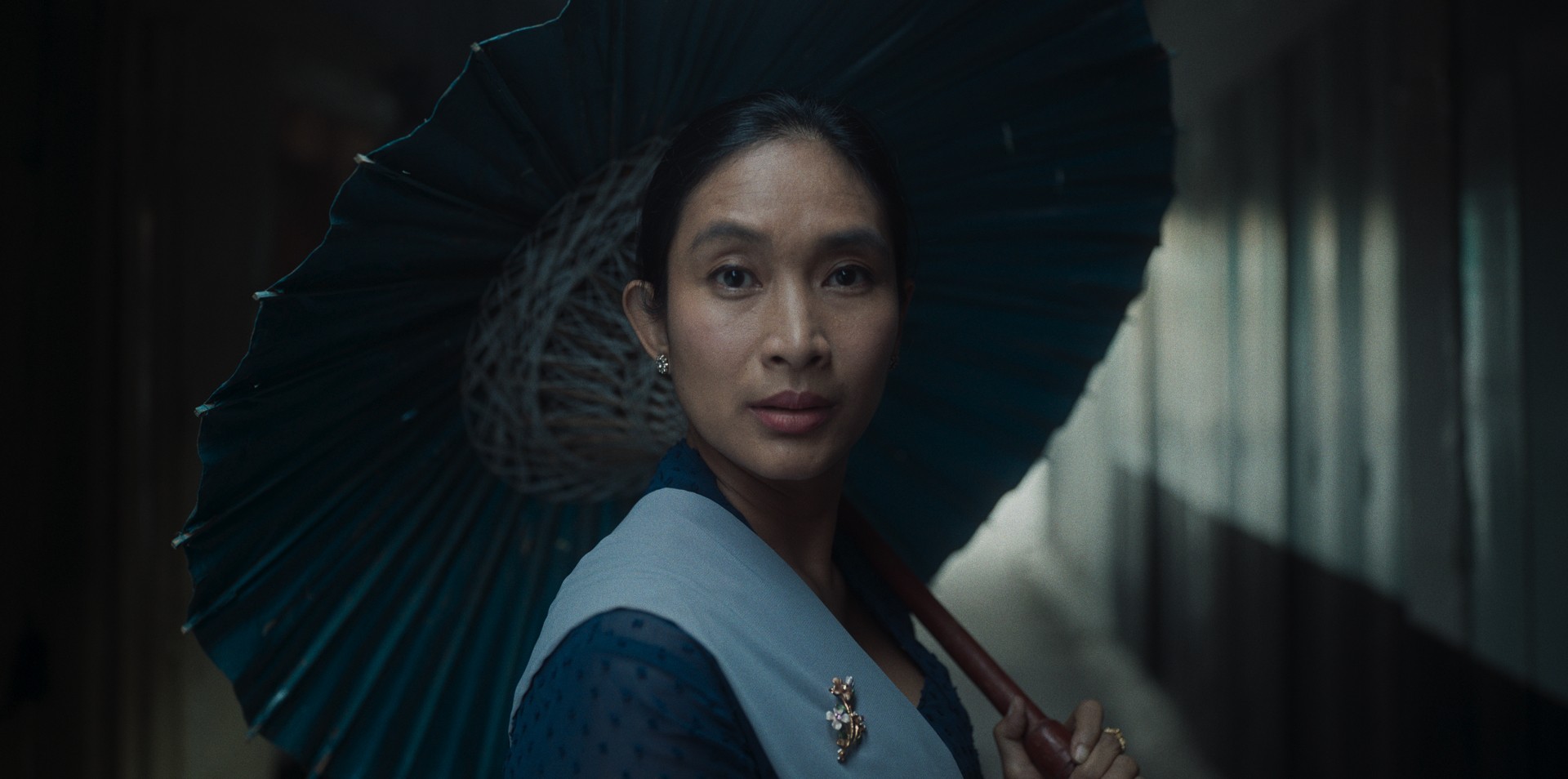
In Before, Now & Then the social and political upheavals of 1960s Indonesia provide a hardened backbone to what is otherwise a tale of longing and simmering romance. It’s the fifth work by Kamila Andini, an Indonesian filmmaker whose dreamy 2017 film Seen and Unseen became a festival darling, screening in Berlin and Toronto that year to acclaim. Before, Now & Then sees her return to the German capital––premiering in competition, a sharp ascendency––with her most ambitious film yet. Drawing a number of deeply felt performances from her cast, it is an aching period piece, if frankly staid, that comes complete with many of the genre’s most reliable tropes: sharp intakes of breath; glances stolen through laced curtains; and love, as ever, in opprobrium. – Rory O. (full review)
Blue Island (Chan Tze-woon)

Political and social progress is not isolated to single moments in a linear timeline, but rather unfolds across generations as history repeats itself. Through archival footage, re-enactments, present-day interviews, and glimpses inside recent protests, Chan Tze-woon’s ambitious hybrid documentary Blue Island opens a dialogue between the past, present, and future. Capturing various tumultuous points in Hong Kong’s history over the last 55 years through the perspective of those that had a hand in striving for ideals, the film becomes more personal than outright political, weighing the sacrifice and dedication necessary to enact true change. What emerges is an unwieldy but poignant exploration of the relationship with and passion for one’s homeland, and the toll it takes to preserve ideals. – Jordan R.
Broker (Hirokazu Kore-eda)
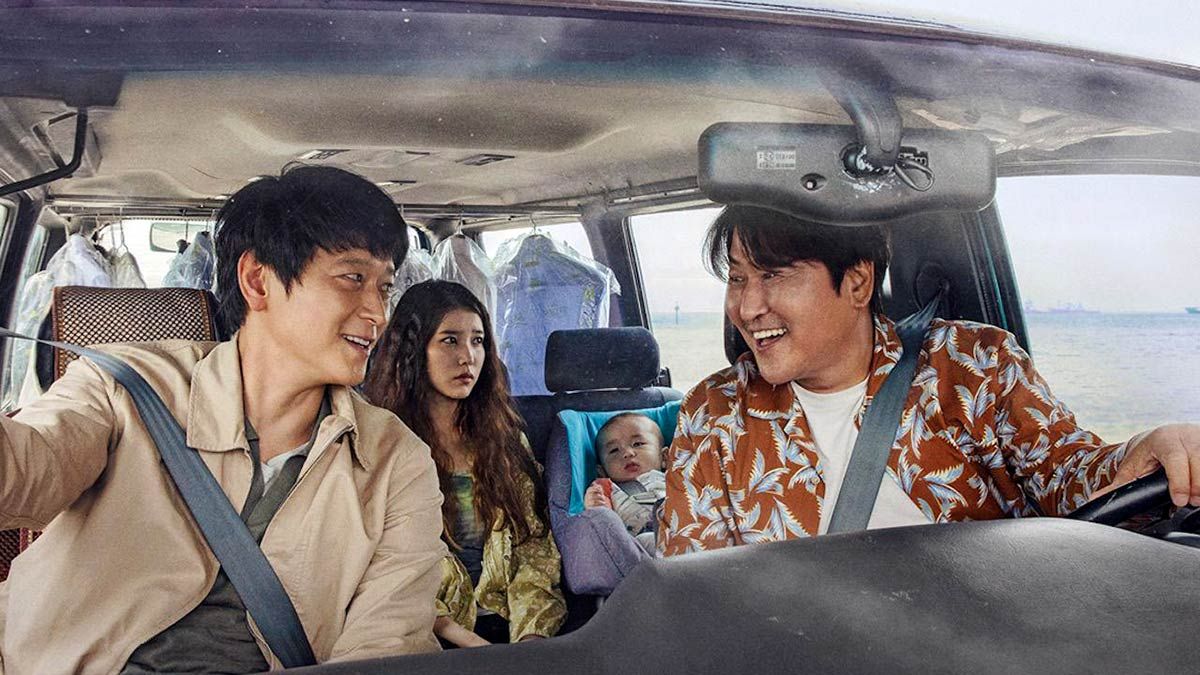
Every focal character in Broker, detectives included, is without traditional family. Those who saw Kore-eda’s Palme d’Or-winning Shoplifters are on familiar ground. Child-trafficking isn’t new territory for the Japanese auteur. Broker marks a thematic continuation of career-length fascination with alternative families and the legal, social, and philosophical values that paint such complicated ethical portraits of them. The director still has plenty to say, and does so quite eloquently. – Luke H. (full review)
No Bears (Jafar Panahi)
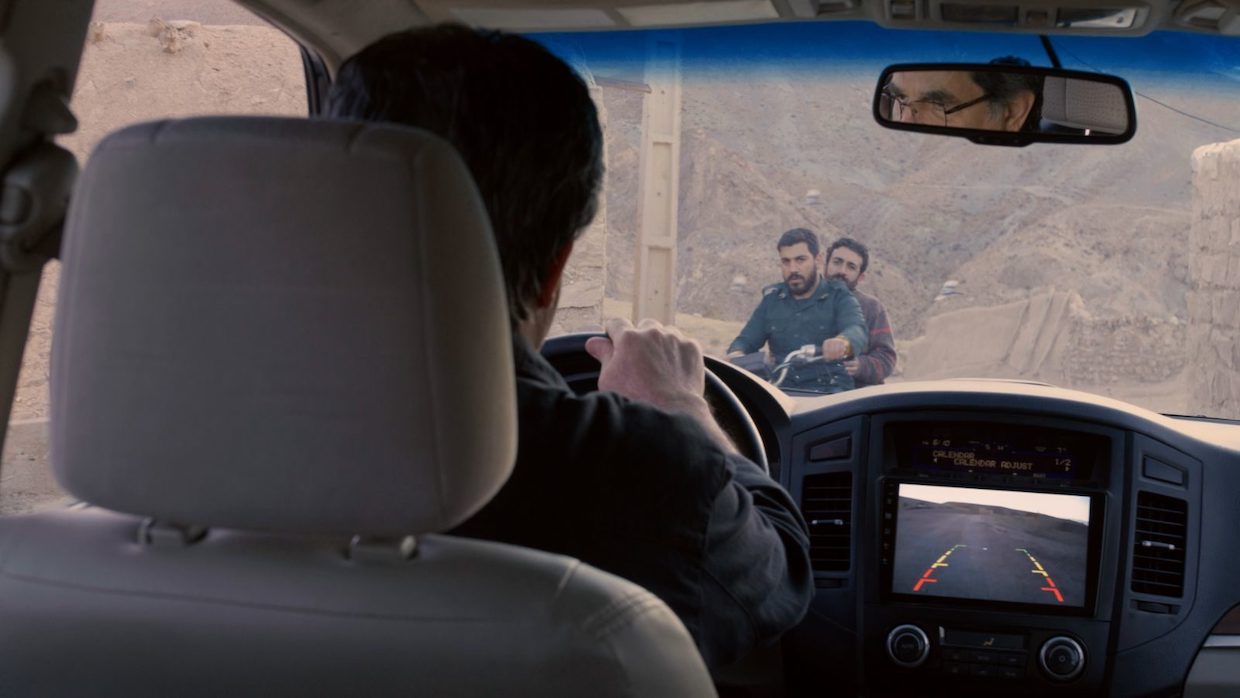
Jafar Panahi’s career can now be split into two distinct sections: his work prior to an initial 2010 arrest amidst Iran’s Green Movement, and his creative response following that. The latter, ongoing now but complicated by a new six-year prison sentence he has just commenced, constitutes one of the stranger and more miraculous stretches of work for any internationally renowned filmmaker. It’s a period, beginning with 2011’s still-revelatory This is Not a Film—famously smuggled out of Iran and to Cannes on a USB stick inside a cake—that found Panahi working prolifically while attempting to evade detection and further punishment by the authorities—these two currents fusing to engender international solidarity for a predicament putting his life, let alone freedom, at risk. – David K. (full review)
The Novelist’s Film and Walk Up (Hong Sangsoo)
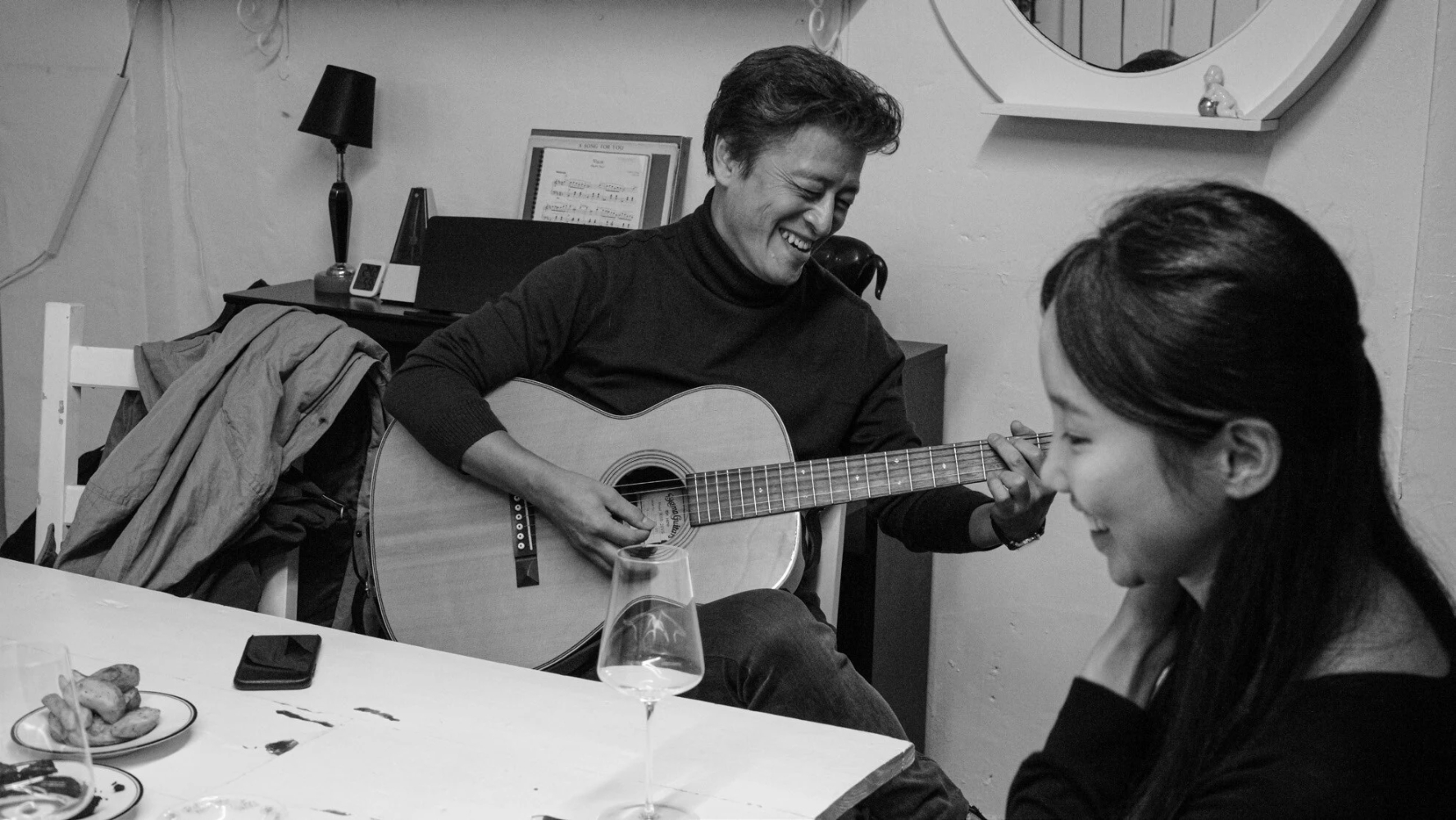
The latest works from Hong Sangsoo—one which recently began its U.S. release, another that just premiered—both screen at this year’s SDAFF. As Rory O’Connor said of The Novelist’s Film, “It will always be hard to resist the calm, casual charms of a work like The Novelist’s Film: a story about the creative process, shot in soft black-and-white, and a mid-range addition that won the Grand Jury Silver Bear at the Berlinale—his most prestigious award to date.” And as Ethan Vestby said of Walk Up, “There’s something very relaxing in the languid rhythms of Walk Up. Though ditching the lo-fi aesthetics of his two 2021 entries, Introduction and In Front of Your Face, there’s still not a ton to look at per se, yet the precision and attention to gestural detail remains.”
Riceboy Sleeps (Anthony Shim)
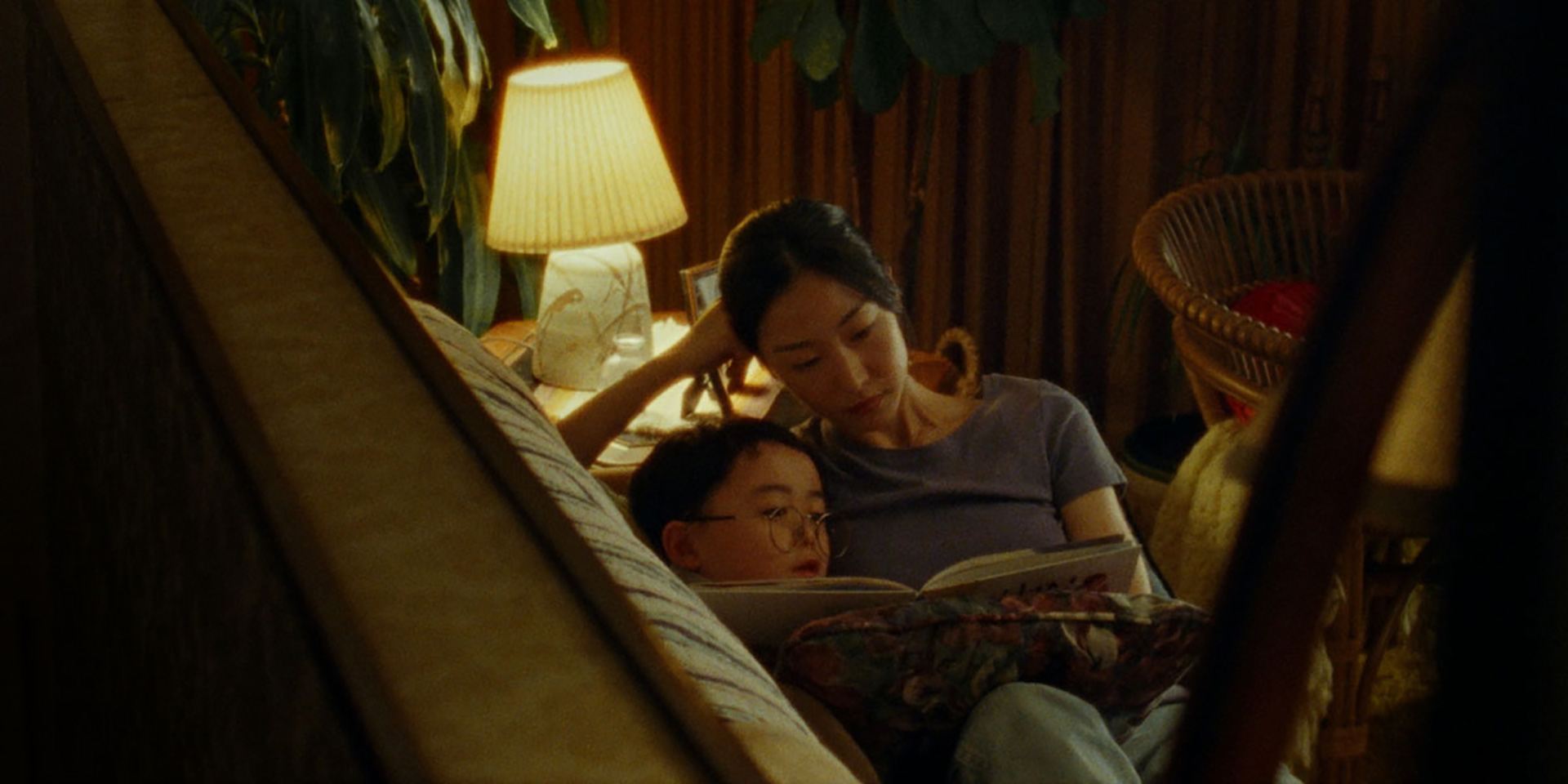
So-Young (Choi Seung-yoon) didn’t want to leave South Korea. She had no choice. The father of her newborn son committed suicide and, as an orphan who was never adopted, she had no other family. So, with nowhere to turn and a boy who couldn’t legally become a citizen due to being born out of wedlock, she immigrated to Canada to start anew. There she would build a home for the two of them and a wall in front of her past. Questions about Dong-Hyun’s (Dohyun Noel Hwang at six and Ethan Hwang at sixteen) father were delayed indefinitely and ultimately left unanswered no matter how many times he asked. So-Young only wanted to look forward and, eventually, so did Dong-Hyun. Until their future together was unceremoniously stolen away. – Jared M. (full review)
Stonewalling (Huang Ji, Ryuji Otsuka)
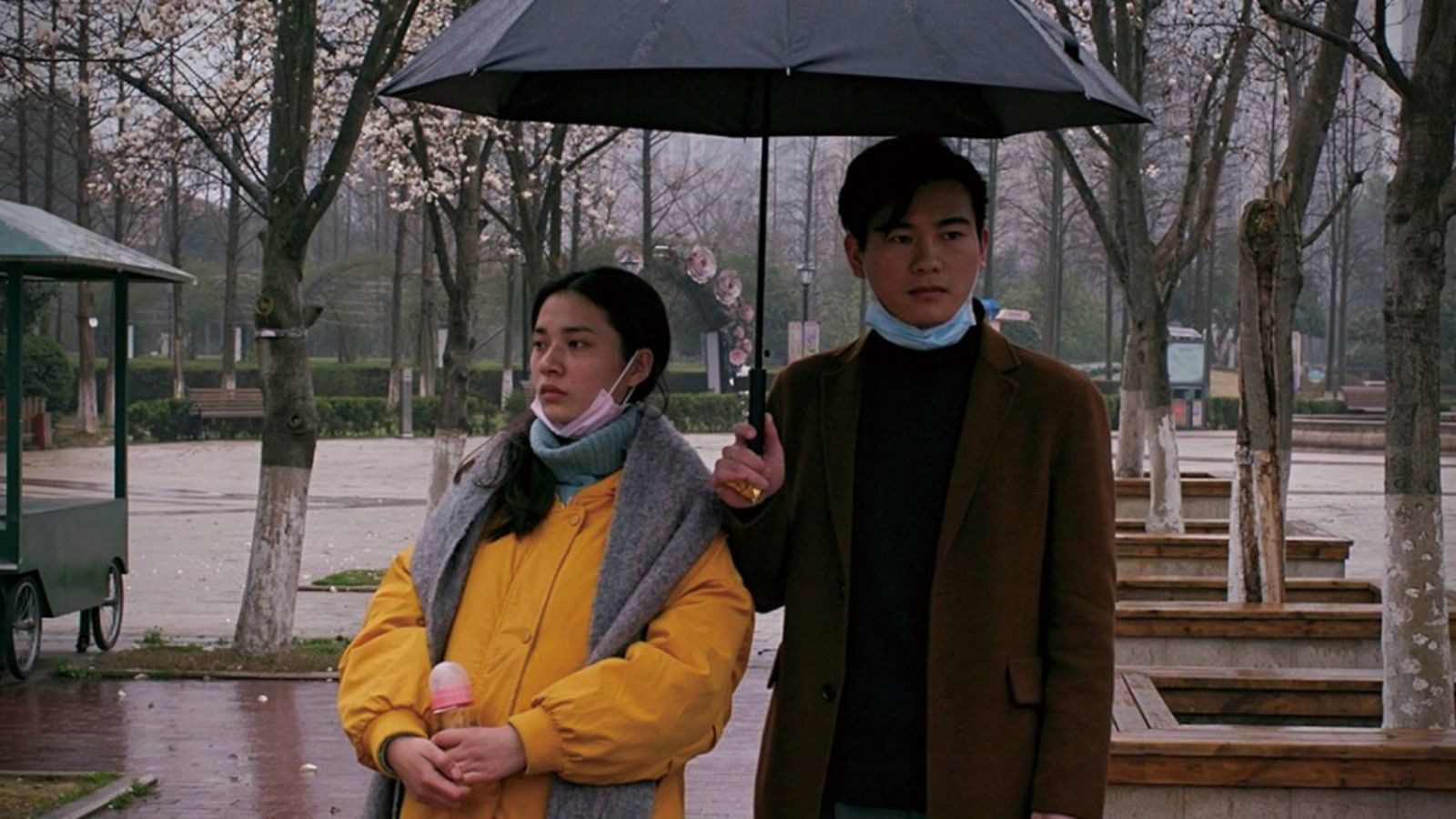
The ebbs and flows of a rather long, deliberately paced narrative can test most viewers. Especially difficult when it seems the movie’s central conflict doesn’t manifest in a few key sequences, instead building piece-by-piece over time, in small gestures. Those with a keen eye and ear, who are willing to soak in commentary on muted malaise of 21st-century youth, will find reward in Huang Ji and Ryûji Otsuka’s Stonewalling. Like the characters, it plays a waiting game: this film bets its outskirt sleepy venues will absorb viewers enough to find deeper meaning. Not only about the modern lives of China’s youth, but also the troubling economic and social inheritances that will come to the generations after. – Soham G. (full review)
Therapy Dogs (Ethan Eng)
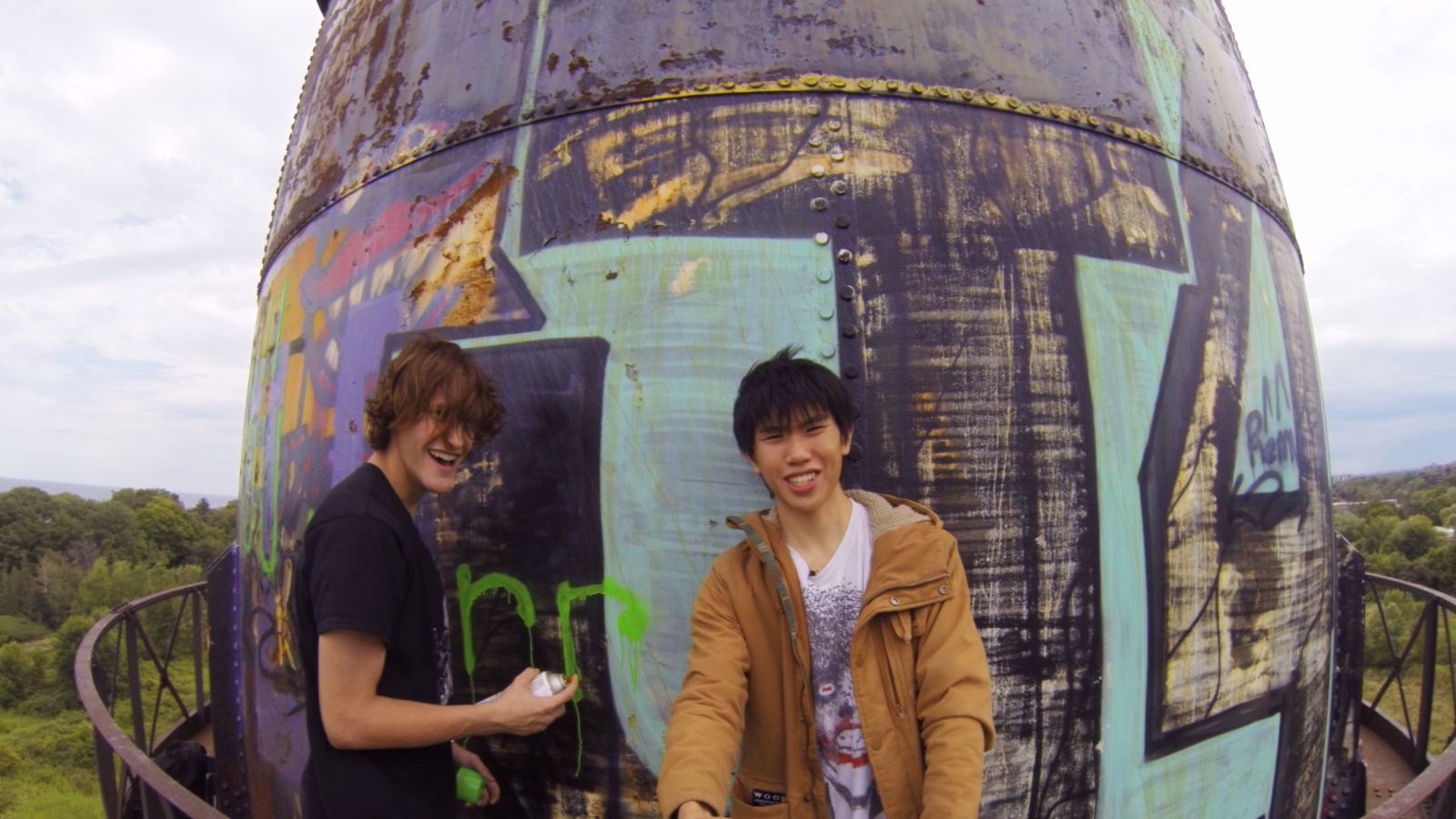
A directing winner at the Slamdance Film Festival earlier this year, Ethan Eng’s Therapy Dogs, executive-produced Matthew Miller and Matt Johnson (The Dirties, Operation Avalanche), follows two best friends who set out to create the ultimate senior video for their graduating class of 2019. With an anarchic spirit to closing out the high school era, it conveys a authentic portrayal of this moment in life—the energy of Project X and Spring Breakers thrown in for good measure. Also starring Kevin Tseng, Kyle Peacock, Mitchell Cidade, Sebastian Neme, Andrew Michalko, Jayden Frost, and the Class of 2019, its soundtrack includes Teen Suicide, Ricky Eat Acid, Show Me The Body, and Morgan Powers.
San Diego Asian Film Festival runs from November 3-12. Learn more here.
